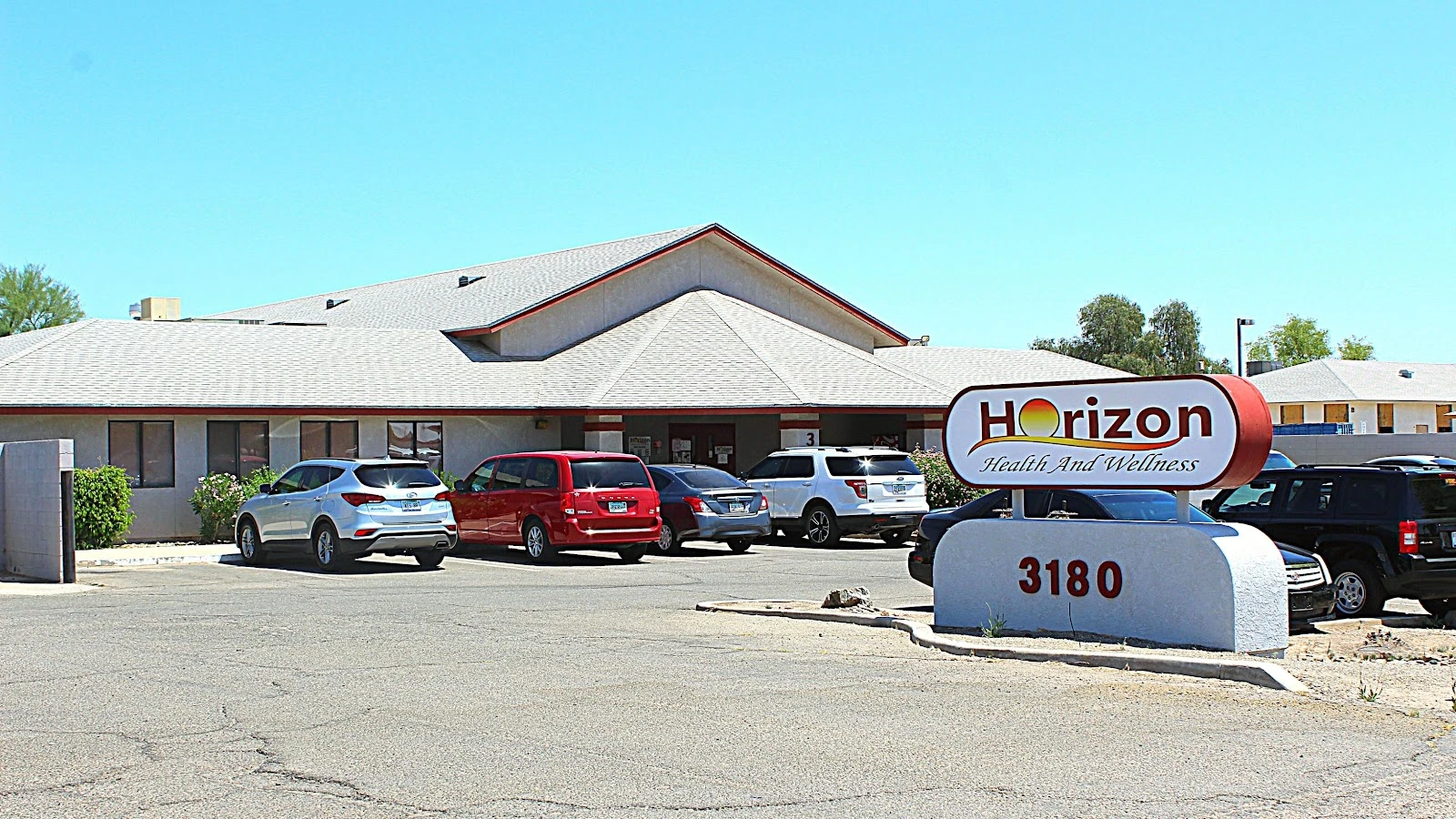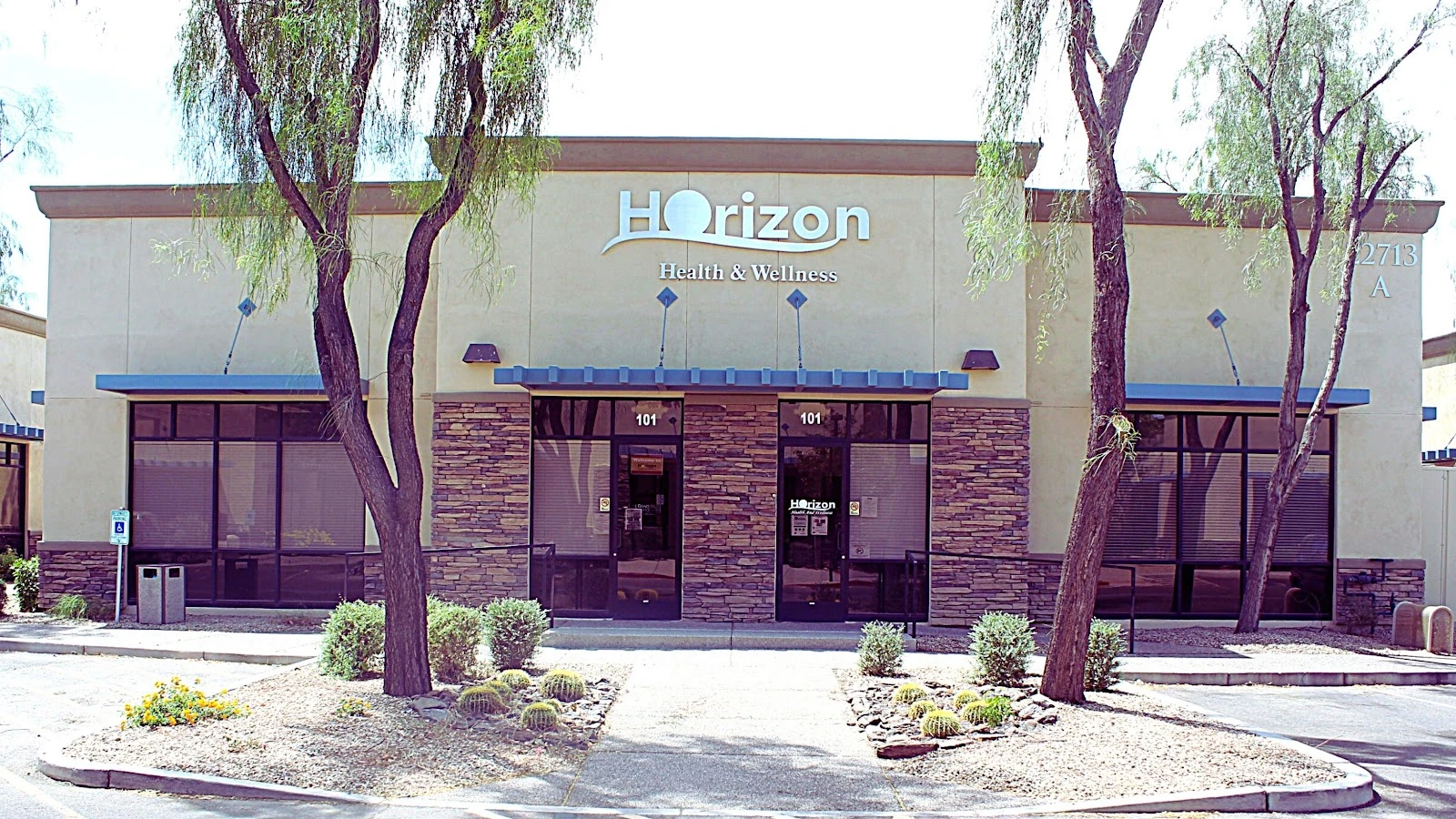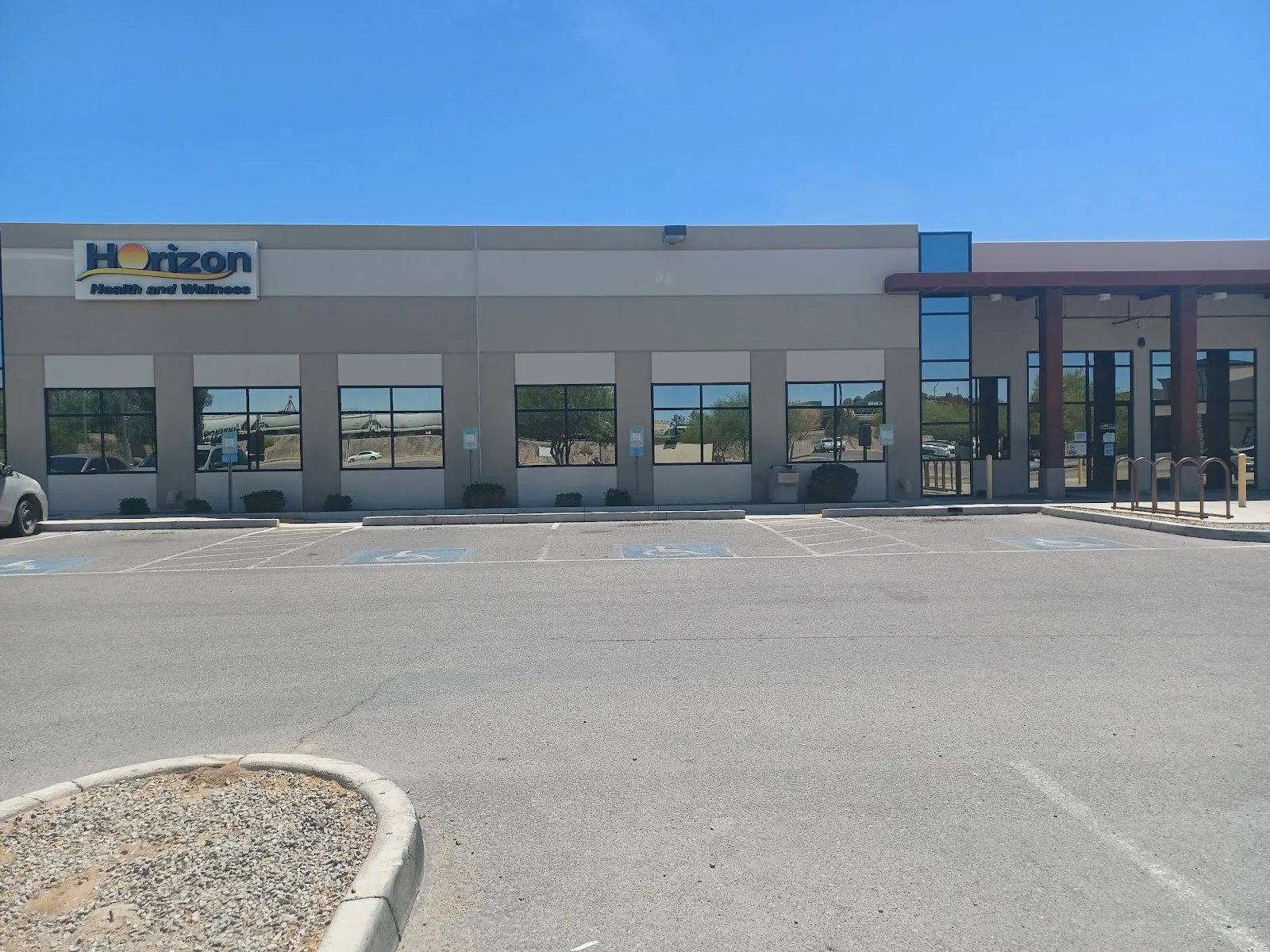Horizon Health and Wellness Information
Treatment
Who We Treat
- Children
- Teens / Adolescents
- Adults
- Seniors/Older Adults
- Adolescents
- Older Adults
- Male and Female
Treatment Focus
- Depression
- Drug Addiction
- Opioids
- Medication-Assisted Treatment
- Alcohol
Approaches
- Individual Treatment
- Evidence-Based
- Medical
- Family Therapy
- Group Therapy
- Cognitive Behavioral Therapy (CBT)
- Dialectical Behavior Therapy (DBT)
- 1-on-1 Counseling
- Eye Movement Therapy (EMDR)
- Medication-Assisted Treatment (MAT)
- Nutrition Counseling
- Online Therapy
Conditions We Treat
- Depression
- Anxiety
- Bipolar Disorder
- Post Traumatic Stress Disorder (PTSD)
- Trauma
- Bipolar
- Chronic Pain Management
- Co-Occurring Disorders
Substances We Treat
- Alcohol
- Benzodiazepines
- Chronic Relapse
- Heroin
- Opioids
- MDMA/Ecstasy
- Ecstasy
Languages
- English
- Spanish
Aftercare
- Outpatient Treatment
- Support Meetings
Level of Care
- Outpatient
- Virtual & In-Home Care
Experience
Smoking and Vaping Policy
- Smoking Allowed in Designated Areas
- Vaping Allowed in Designated Areas
Accreditations
-
Commission on Accreditation of Rehabilitation Facilities (CARF)
CARF accreditation is a prestigious recognition granted to rehabilitation and human service organizations. It signifies that an organization meets high-quality standards, having undergone a rigorous evaluation process. CARF accreditation boosts an organization's credibility and ensures top-notch care for individuals with disabilities, injuries, or healthcare needs.

-
The Joint Commission
The Joint Commission accreditation for addiction and behavioral health signifies that a facility has met rigorous standards in patient care, treatment, and safety. This recognition assures patients and professionals of the facility's commitment to providing high-quality, evidence-based care in the fields of addiction and behavioral health, fostering trust and confidence in their services.

Additional Locations
Horizon Health and Wellness Accepts The Following Insurance Plans
Find the best treatment options. Call our free and confidential helpline today!













